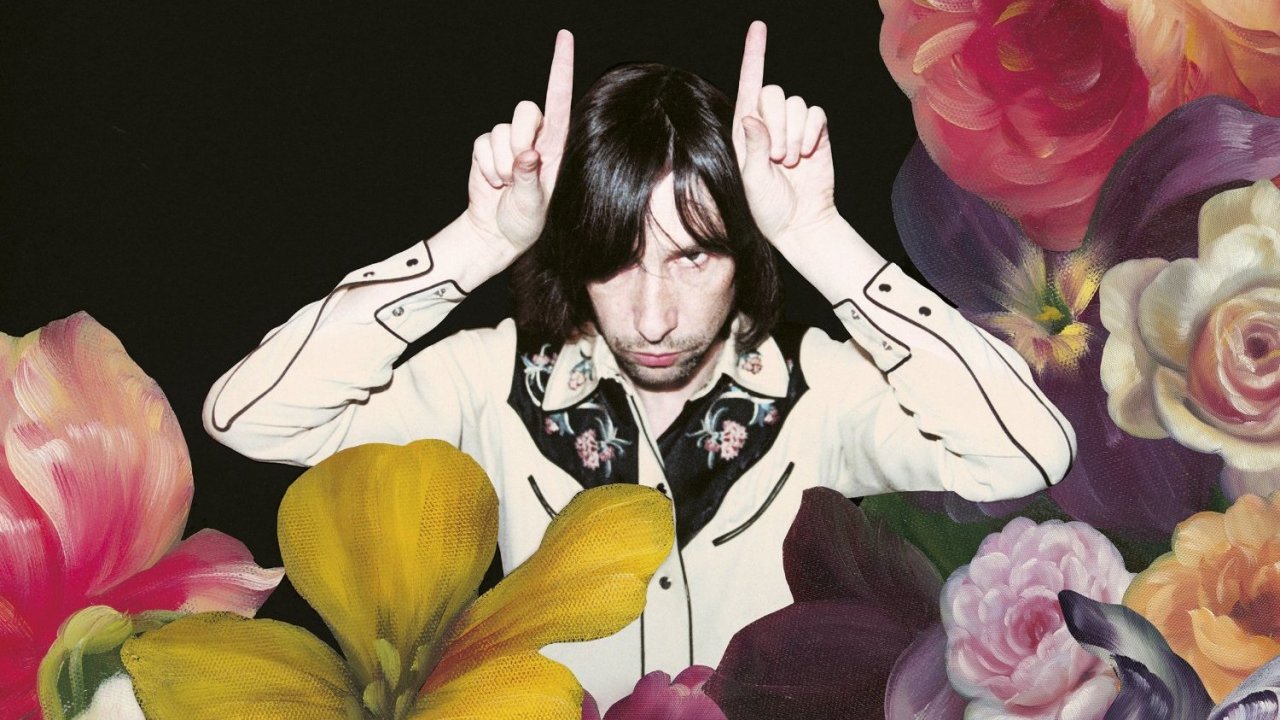You can trust Louder
Over a decade has elapsed since a new Primal Scream album felt like a significant cultural event. Exciting and innovative throughout the 1990s, Bobby Gillespie and co have been mostly coasting in retro-rock pastiche mode ever since. So it’s heartening to discover that they’re at their most experimental since XTRMNTR, partially reviving the genre-mashing art-punk ambition of their best work.
The Scream’s 10th album is the first since the departure of bass legend Mani for the reunited Stone Roses, and the first since their acclaimed Screamadelica anniversary tour. Dance-rock and soundtrack composer David Holmes is a shrewd choice of producer, applying the orchestral lushness of his solo albums and film work to songs that are often sketchy jams at heart. The instrumental textures are dense and organic, the grooves funky, the mood psychedelic.
The last Scream album arrived before the financial crash, and this may explain why More Light is full of angry lyrics about class war and youth revolution: ‘What happened to the voices of dissent?’ Gillespie sneers on the chugging neo-Krautrock juggernaut 2013. ‘You’re living like a refugee in your own country,’ he spits on Culturecide, a slamming art-funk groove featuring veteran post-punk ranter Mark Stewart. The Scream singer’s crude rebel-rock sloganeering often invites critical derision, but it has some genuine topical bite this time.
That said, More Light still suffers from some familiar weaknesses. Gillespie and co-writer Andrew Innes remain so awestruck by a predictable canon of rock heroes – Stones, Stooges, MC5, PiL, Can, Ramones – that even their most experimental work still looks backward rather than forward. Also, too many tracks feel scrappy and underwritten. Not even Robert Plant’s rasping guest vocal can elevate the skeletal Elimination Blues above middling curiosity level.
The most engaging moments are more introspective and personal. Goodbye Johnny is a noir-ish chanson of doomed romance, while Relativity morphs midway through from jazz-punk beast to trippy fairground waltz. The album closes on a high with It’s Alright, It’s OK, one of the Scream’s many homages to the Stones in their gospel-fired prime. Essentially this is a semi-sequel to Movin’ On Up on Screamadelica.
Yet another foray into shameless retro pastiche, then, but it concludes this gloomy, angry, ear-bashing album with a welcome blast of rousing optimism.
Sign up below to get the latest from Classic Rock, plus exclusive special offers, direct to your inbox!
Stephen Dalton has been writing about all things rock for more than 30 years, starting in the late Eighties at the New Musical Express (RIP) when it was still an annoyingly pompous analogue weekly paper printed on dead trees and sold in actual physical shops. For the last decade or so he has been a regular contributor to Classic Rock magazine. He has also written about music and film for Uncut, Vox, Prog, The Quietus, Electronic Sound, Rolling Stone, The Times, The London Evening Standard, Wallpaper, The Film Verdict, Sight and Sound, The Hollywood Reporter and others, including some even more disreputable publications.


